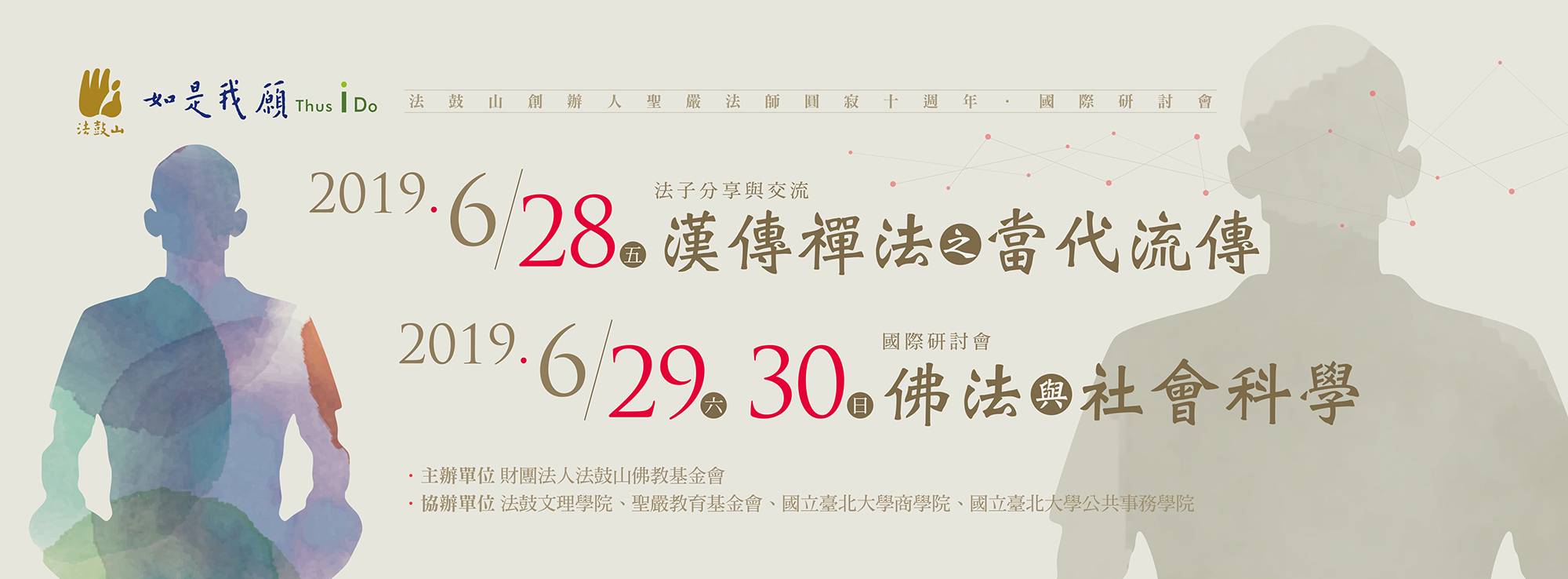至善社會福利基金會都市原住民照顧計畫之社會投資報酬分析
陳定銘、徐郁雯
聖嚴師父倡導心靈環保,面對人心浮動、政治對立與競爭的社會,心靈環保與社會價值愈顯重要。本文採取英國社會價值學會推動的社會投資報酬(social return on investment,簡稱 SROI)分析,探討非營利組織的社會價值與影響力,並以財團法人至善社會福利基金會的都市原住民照顧計畫「汐止 Wawa 森林─至善兒少發展中心」,以及大台北地區「快樂大掃」團隊為範圍。透過SROI的六項步驟與七項原則,具體描繪及衡量公益活動投入、產出與成果之間所造成的改變關係(Theory of change),並以貨幣為統一衡量單位加以表達。本文針對都市原住民計畫利害關係者的深度訪談與問卷調查,藉由SROI的原則與步驟分析,計算其社會價值與社會影響力。
關鍵詞:都市原住民照顧計畫、社會投資報酬分析、社會影響力、至善基金會
Analysis of Social Return on Investment of the Project of Social Care Development in Urban Indigenous of Zhi-Shan Foundation Taiwan
Ting-Ming Chen; Yu-Wen Hsu
Master Sheng Yan advocates spiritual environmental protection, in the face of a society where people are floating, politically opposed and competitive, protecting the spiritual environment and social value are becoming more and more important. This paper adopts the social return on investment (SROI) analysis promoted by the Social Value UK to explore the social value and influence of non-profit organizations, and to use the urban indigenous care plan of the Zhi-Shan Foundation Taiwan. “The Wawa Forest – the Good Child Development Center” and the “Happy Broom” team in the Taipei area. Through the six steps and seven principles of SROI, the relationship between change and outcome is reflected and measured. The theory of change is expressed in terms of currency. In this paper, in-depth interviews and questionnaire surveys of urban indigenous stakeholders, through the SROI principles and steps analysis, calculate their social value and social impact.
